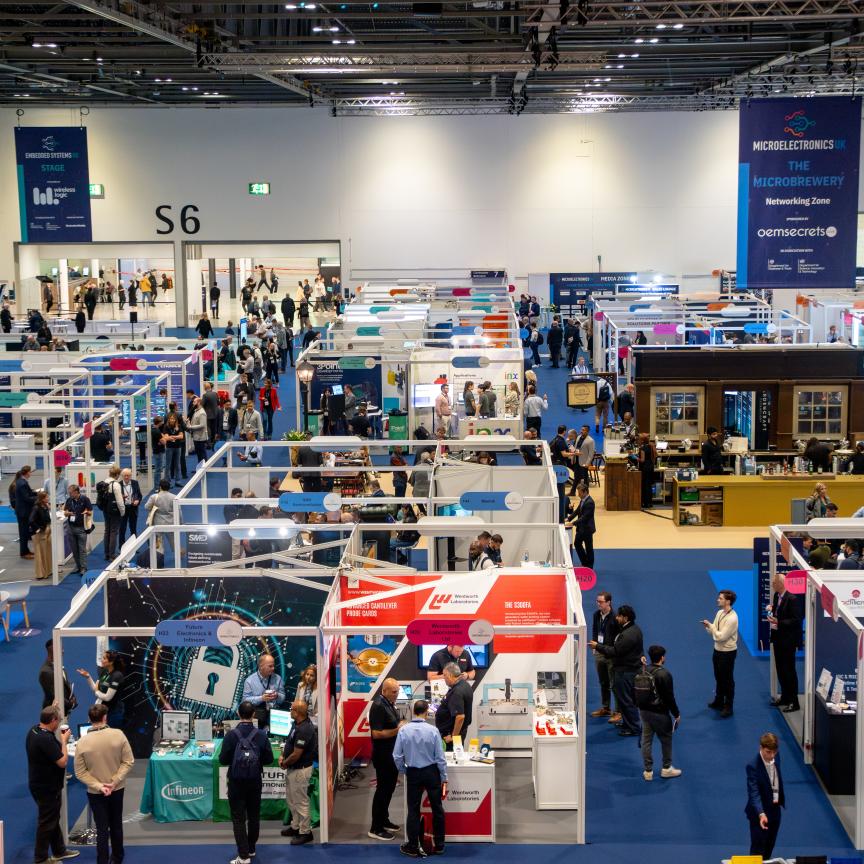It is now just over two years since I graduated from the University of Leicester with a first-class honours degree in physics with space science. I remember being asked 'Are you looking forward to taking the skills from your degree and putting them to work in the professional world?' I laughed. I had no idea how to make use of the knowledge I’d gained in Raman Spectroscopy, CMOS vs CCD technology or thermography in the real world. And yet, by the time you read this, I’ll have spent 18 months in an industry I didn’t know existed when I started my job hunt in 2020.
If I’ve learnt anything so far, it’s that you all seem to know each other! Everyone in this industry seems to have worked with everybody else at some point in their career. But like every growing industry, we need to be able to attract new blood, so what’s the attraction for someone like me?
Photonics is an industry that has plenty to offer to my generation in terms of job satisfaction. As a technical sales engineer at Photon Lines, I may not be splitting the atom, but I am in a role that continues to work with the newest, cutting-edge technology that will help to shape the world around us. I love having the opportunity to build my knowledge of the industry and share it with our customers. As a ‘value added’ distributor, Photon Lines strives to work alongside customers to find the equipment best suited to their needs which, in turn, helps them push our levels of understanding of all things photon related. I find this highly satisfying as instead of just sending out quotes with little interaction with customers, I’m able to use the knowledge gained over the last 18 months to contribute to the projects my customers are working on. This means that my work is interesting and constantly evolving.
When I talk to other recent graduates, they have also found challenging and stimulating opportunities in photonics. I remember being told, 'If you’re doing your job well you should be scared every day.' I think a lot of graduates entering this industry will feel the same way as I did, unsure of how they fit in, prepared to be challenged and delighted to find a use for what they have already learned at university. Oh, and after two years of being grounded during Covid, the chance to travel to places like Munich, Paris and San Francisco almost makes up for lost gap years!
A technology of course that I was familiar with at university was CMOS sensors so, naturally, I found working with PCO most comfortable when I started at Photon Lines. As one of the original frontrunners in sCMOS technology, PCO’s range of cooled and uncooled cameras are well suited to applications in Physical and Life sciences. As I said above, I never thought I’d use my space science degree in my professional career. I was wrong. I had the opportunity to work with Iain Steele at Liverpool John Moores University who was looking for new cameras for the telescope the University runs in the Canary Islands. PCO’s ability to produce cameras with low noise, low dark current and high QE meant that they are well suited to astronomical applications, and it was extremely satisfying to use knowledge gained in my degree in this case.
I’ve also been fortunate to work with high-speed thermal imaging cameras from Telops. This has opened up new application areas and techniques that I wasn’t aware of before I joined Photon Lines. It’s been fascinating to learn how these cameras can be used in areas such as ballistics, non-destructive analysis and active thermography. I hope going forward I can continue to develop my understanding of these cameras and technologies and find more applications for Telops’ hyperspectral range. Hyperspectral imaging in the infrared wave spectrum allows for the detection of gases such as methane which, I think will be crucial in my lifetime. While there are a whole host of applications for these cameras, I find their ability to track emissions most exciting. Climate change is the biggest problem my generation must solve and having the ability to offer a product that can provide a level of solution to part of the problem is something that continues to excite me.
Summary
Having spent the last 18 months in an industry that I was not aware of at the end of my degree, I think it’s important to take stock and see how I’ve progressed. I think the way I see the industry is mirrored in other young, ambitious graduates who have a lot to offer companies in Photonics as a whole. I hope that my reflection in this article is helpful to companies looking to understand the mindset of the new generation that is coming through into the workplace.
For more information click here


